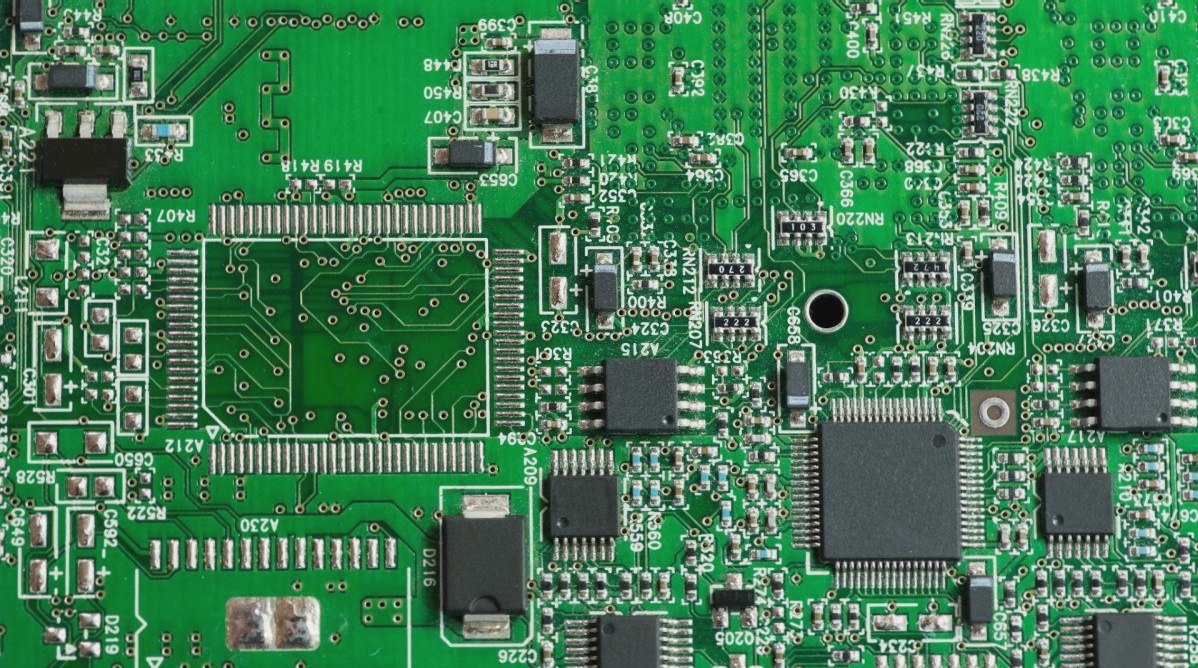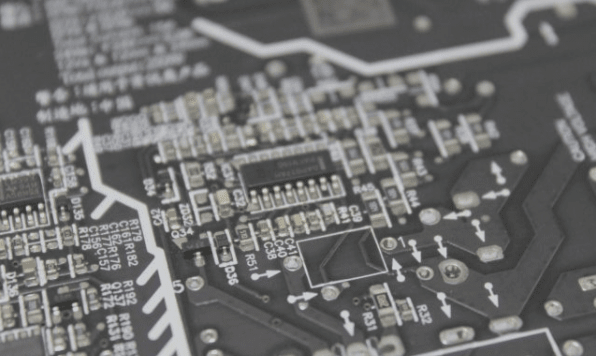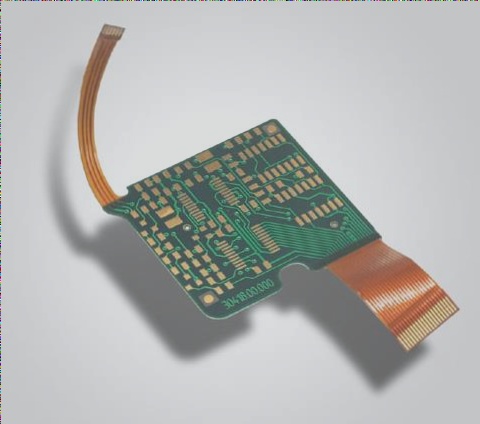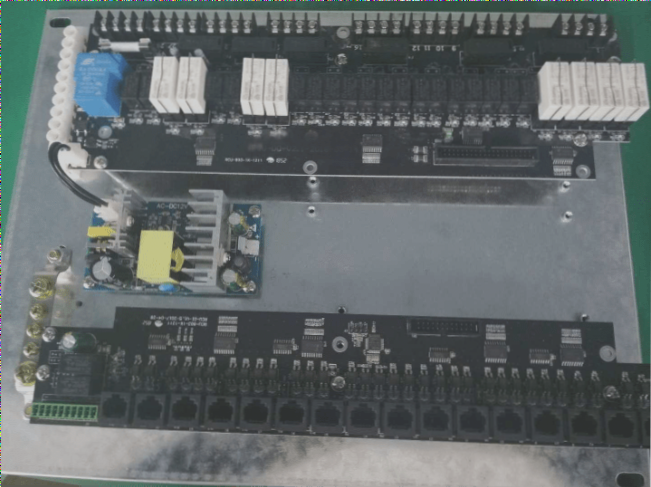Challenges Faced by the PCB Copy Board Industry
The PCB copy board industry, often referred to as the backbone of hardware circuits, encounters various challenges. The proliferation of PCB copy boards has resulted in a scenario where inferior products overshadow superior ones. Many individuals misunderstand PCB copying as mere imitation, leading to issues of plagiarism and infringement.
Patent Disputes and Intellectual Property Pressures
The industry faces escalating patent disputes, with intellectual property concerns posing a significant threat to its sustainable growth. The inability of domestic patents to transition into practical applications further complicates the landscape. Establishing a patent alliance could consolidate resources, resolve conflicts, and enhance capabilities to tackle external intellectual property challenges.

The Role of Reverse Engineering in PCB Development
PCB copying involves employing reverse engineering techniques to acquire designs, schematics, and BOM tables from high-quality electronic products. This method accelerates technological advancements, enabling developing nations to catch up globally. Reverse engineering fosters breakthroughs in development teams and drives continuous technological upgrades.
Strategies to Address Patent Disputes in PCB Copying
Original PCB designers and firms face challenges due to the ease and low cost of product replication. Existing legal frameworks struggle to prevent patent wars, as PCB copying is seen as a tool for learning and innovation. Companies can navigate patent barriers through micro-innovation, differentiated modifications, and customized developments, enhancing industry competitiveness.




